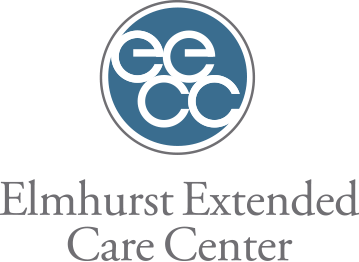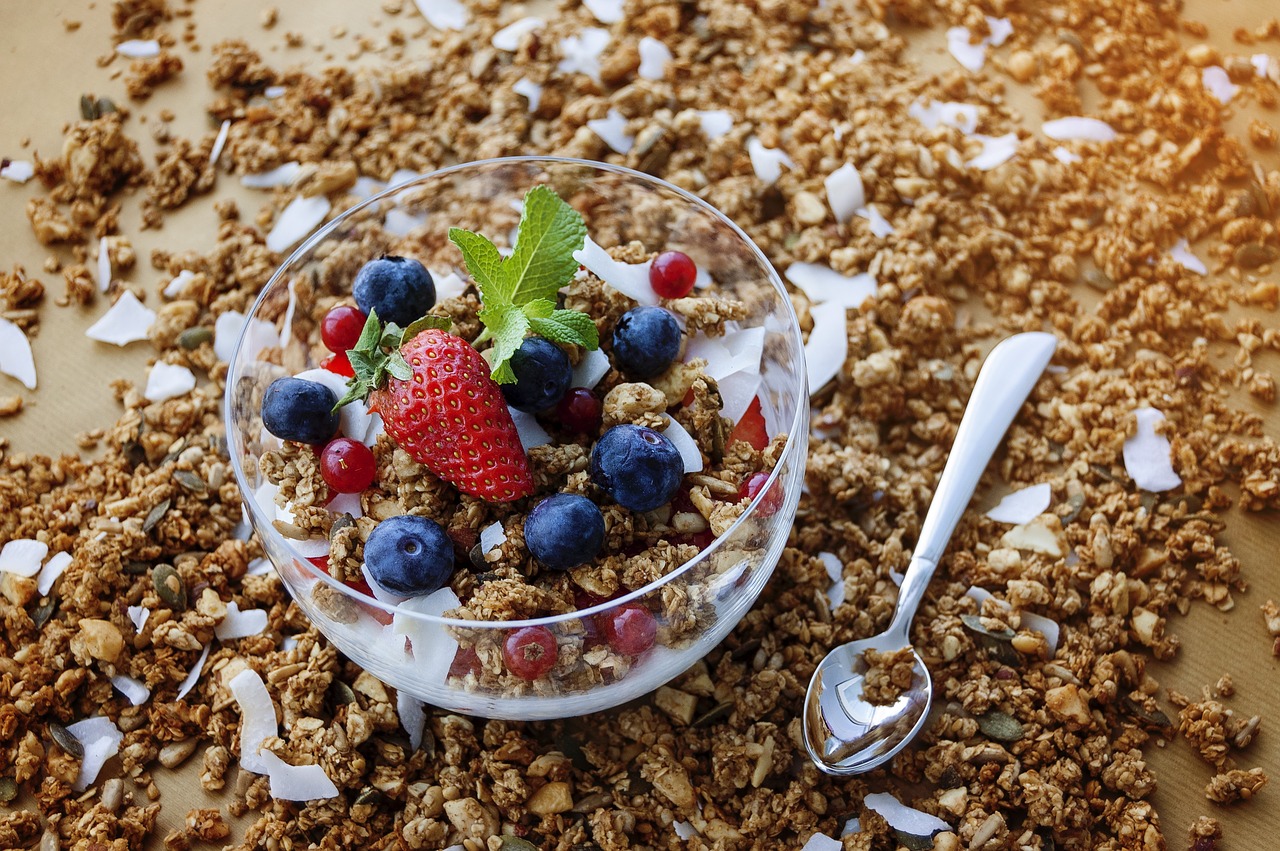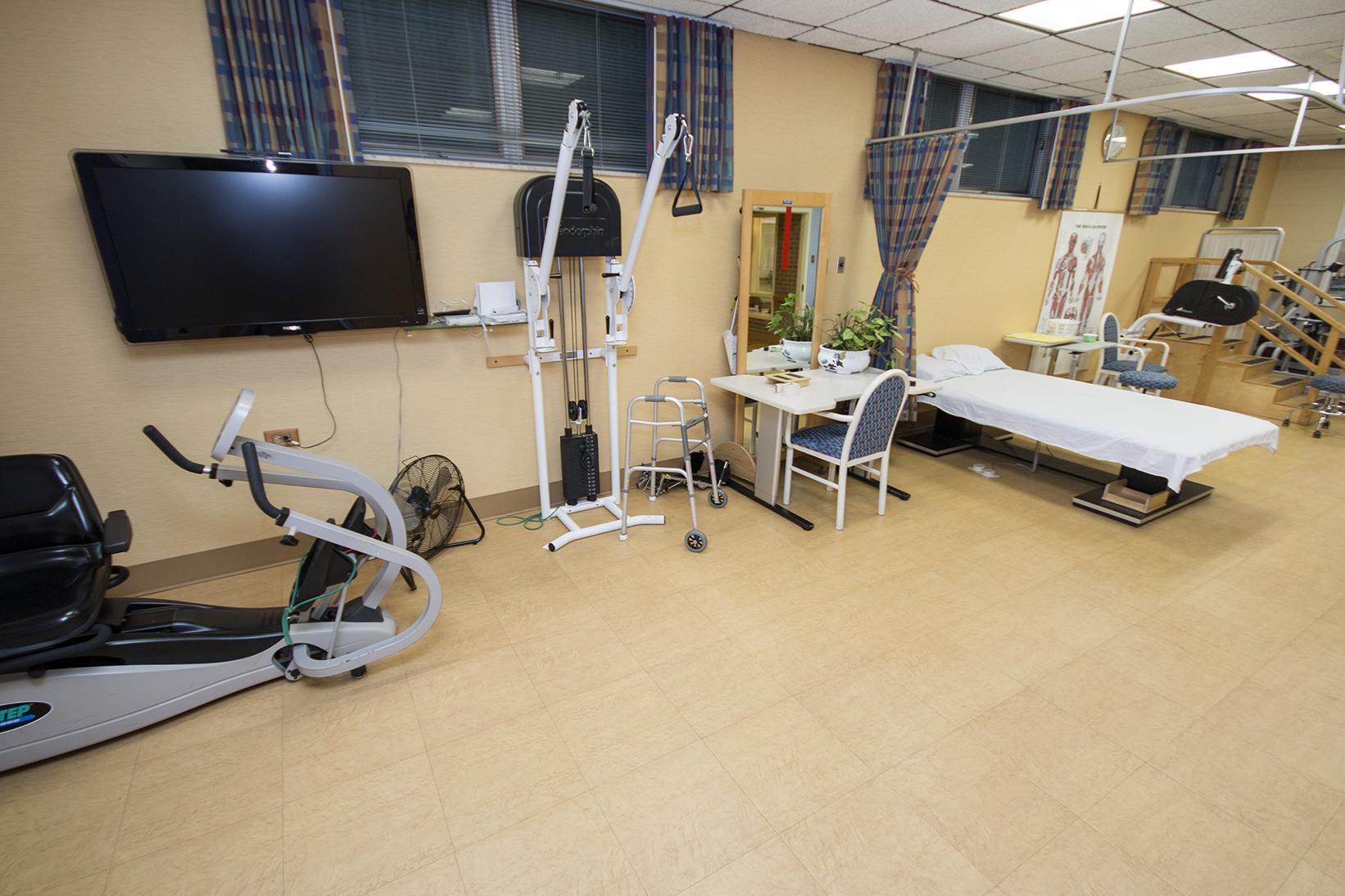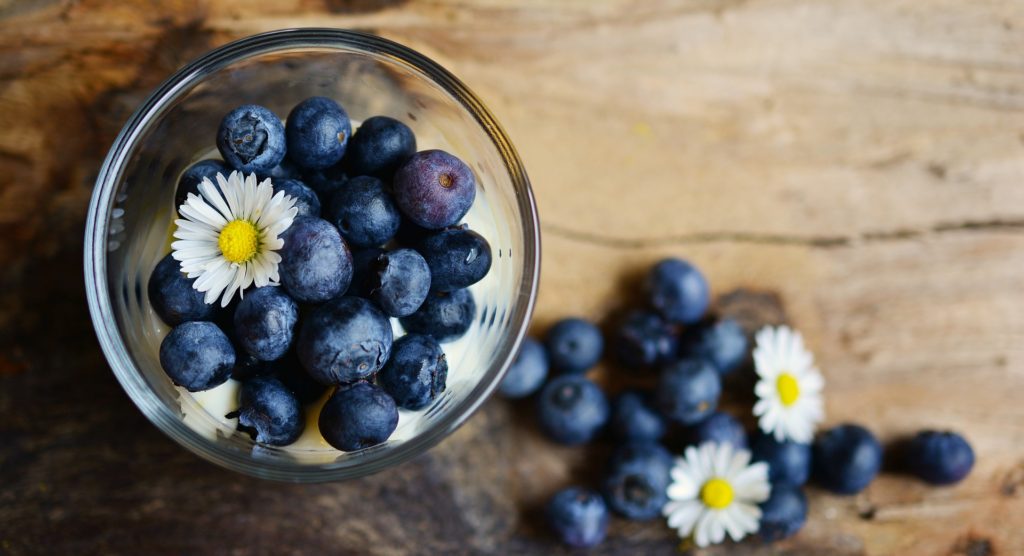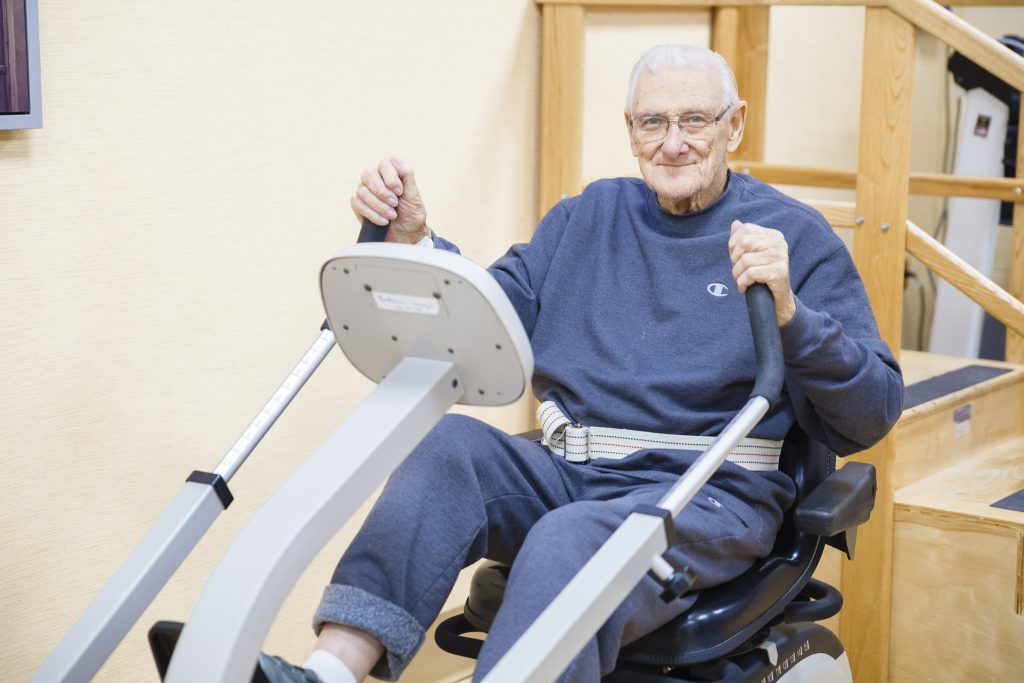Memory Care: 5 Superfoods to Improve Your Brain Health
As we age, it’s natural for our cognitive brain function to slow. However, we don’t want to lose pieces of it or its function entirely. Sufferers of Alzheimer’s and dementia are growing in numbers rapidly. That’s why we’ve created this comprehensive list of 5 superfoods to improve your brain health and ensure your memory care plan is working for you, not against you.
Add these five superfoods to your regular diet to improve memory care:
Fish Packed with Omega-3 Fatty Acids
Omega-3 fatty acids aren’t just good for your heart health, they’re beneficial to your memory care. One of those fatty acids is DHA, or docosahexaenoic acid, and this acid helps keep the neurons in your brain running normally. DHA impacts the structure and signaling systems in your brain and allows your memory to function at optimum levels.
Keep your brain at its best by replacing some of the red meat in your diet with fish like tuna, mackerel, and salmon.
Dark Green, Leafy Vegetables
It’s always been said to ‘eat your greens’, but what you may not realize is that some of those greens are literally keeping parts of your brain alive. Dark green, leafy vegetables like kale, spinach, collard greens and broccoli are incredible sources of vitamin E and folate.
Folate assists in lowering the levels of certain amino acids such as homocysteine in your blood, and homocysteine itself is responsible for killing off nerve cells in your brain. By adding these leafy greens to your diet, you’re stepping up your memory care and keeping those cells alive.
Avocados
Like our dark green friends above, avocados are rich with folate as well as vitamins E & C. Avocados are monounsaturated fats which allow increased blood flow and lowers blood pressure – two factors that have been linked with the cognitive decline found in patients with dementia and Alzheimer’s disease.
Want an even better reason to add this fruit to your diet? It’s also chock full of omega-3 fatty acids, just like our fish friends salmon, tuna and mackerel.
Peanuts, Almonds and Hazelnuts
Diets that are high in healthy fats have shown positive results in staving off the decline in cognitive brain function. Peanuts, almonds and hazelnuts are all great sources of omega-3s, omega-6s, vitamins E & B, folate and magnesium.
If these stats aren’t enough to convince you to add plenty of omega-3s to your diet, this just might: People who incorporate omega-3s in their daily intake decrease their chances of developing dementia by 26%.
Blueberries, Strawberries and Acai Berries
As we age, our memory tends to age with us. However, research has found that blueberries, strawberries and acai berries are powerful contributors to assisting the brain with removing the toxic proteins that are associated with memory loss.
It’s no wonder that these berries made the list as blueberries are also a great food for lowering high blood pressure and boosting your immune system. Whether you’re young, old, or somewhere in between, memory care is something no one should take lightly. Add these superfoods to your diet and improve your brain health.
Worried you or a loved one might be losing brain function? Read our post on the 7 signs and symptoms of Alzheimer’s not to ignore.
Elmhurst Extended Care Center has a dedicated and certified Memory Care Unit for those with dementia or Alzheimer’s. For more information or to tour our facility, give us a call today.
